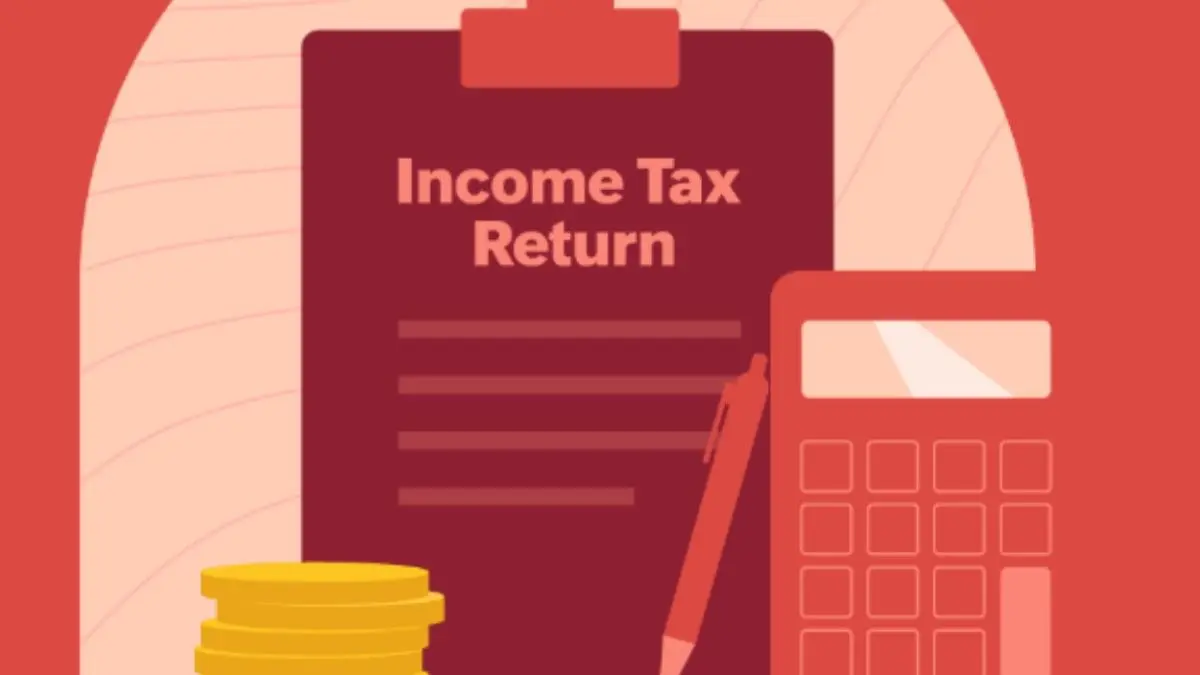Updated 6 July 2025 at 13:49 IST
Income Tax Return Filing 2025: No Income Tax Due? These Benefits Make ITR Filing Worth It
Even if you have no income tax liability, filing your ITR can unlock several benefits — from faster loan approvals and visa processing to carrying forward losses and claiming refunds. Here’s why filing your return is still a smart move.
- Republic Business
- 3 min read

Even if your income is below the taxable limit, skipping the Income Tax Return (ITR) may not be the best idea. Financial advisors often point out that filing your return—even when it’s not legally required—can still be useful. From helping you access financial services more easily to offering support in official paperwork, filing an ITR can work to your advantage in several practical ways
Income proof for Loans and Visas
Even if you don’t have any tax to pay, an ITR still acts as an official proof of income. This can be important when you apply for a loan or a credit card, as most banks ask for ITRs from the past one to three years.
Similarly, if you’re applying for a visa to countries like the US, UK, Canada, or those in the Schengen zone, you’ll likely need to show financial documents. In such cases, an ITR helps prove that you’re financially stable—even if your income isn’t very high.
Proof for Passport Applications
One benefit of filing an ITR—even a Nil return—that many people miss is that it can be used as valid proof of identity and address in various government procedures, including when applying for a passport. If someone doesn’t have documents like a rent agreement or utility bill in their name, an ITR can work as an official document to help complete the application.
Also Read: Say Goodbye To ITR Hassles: Income Tax Dept Launches ‘TAXASSIST To Simplify Filing | Republic World
Advertisement
Claiming refunds
In many cases, banks or employers deduct tax at source (TDS) on earnings like interest or freelance income—even if your total income is below the tax limit. If you don’t file an ITR, that money stays with the government. Filing your return is the only way to legally get that refund and make sure you don’t lose what belongs to you.
Carry Forward Losses
For individuals who trade in stocks, mutual funds, or cryptocurrencies, declaring capital gains and losses in your ITR is key. If you incur a loss, filing your return on time allows you to carry it forward for up to eight assessment years. This can be set off against future profits, helping reduce your tax outgo later. However, if you miss filing within the deadline, this benefit is forfeited.
Advertisement
Maintain financial record
Regularly filing your ITR helps build a clear financial record in your name. This is especially useful for freelancers, small business owners, or gig workers who don’t have salary slips to show. In situations like applying for government tenders, buying or selling property, or seeking startup funding, having past ITRs adds credibility and makes your case stronger.
Bottom line
Filing an ITR isn’t only about paying tax—it also helps you prepare for the future. Even if you don’t have any tax to pay this year, having an ITR can give you access to opportunities that might not be available otherwise.
Published By : Avishek Banerjee
Published On: 6 July 2025 at 13:49 IST
